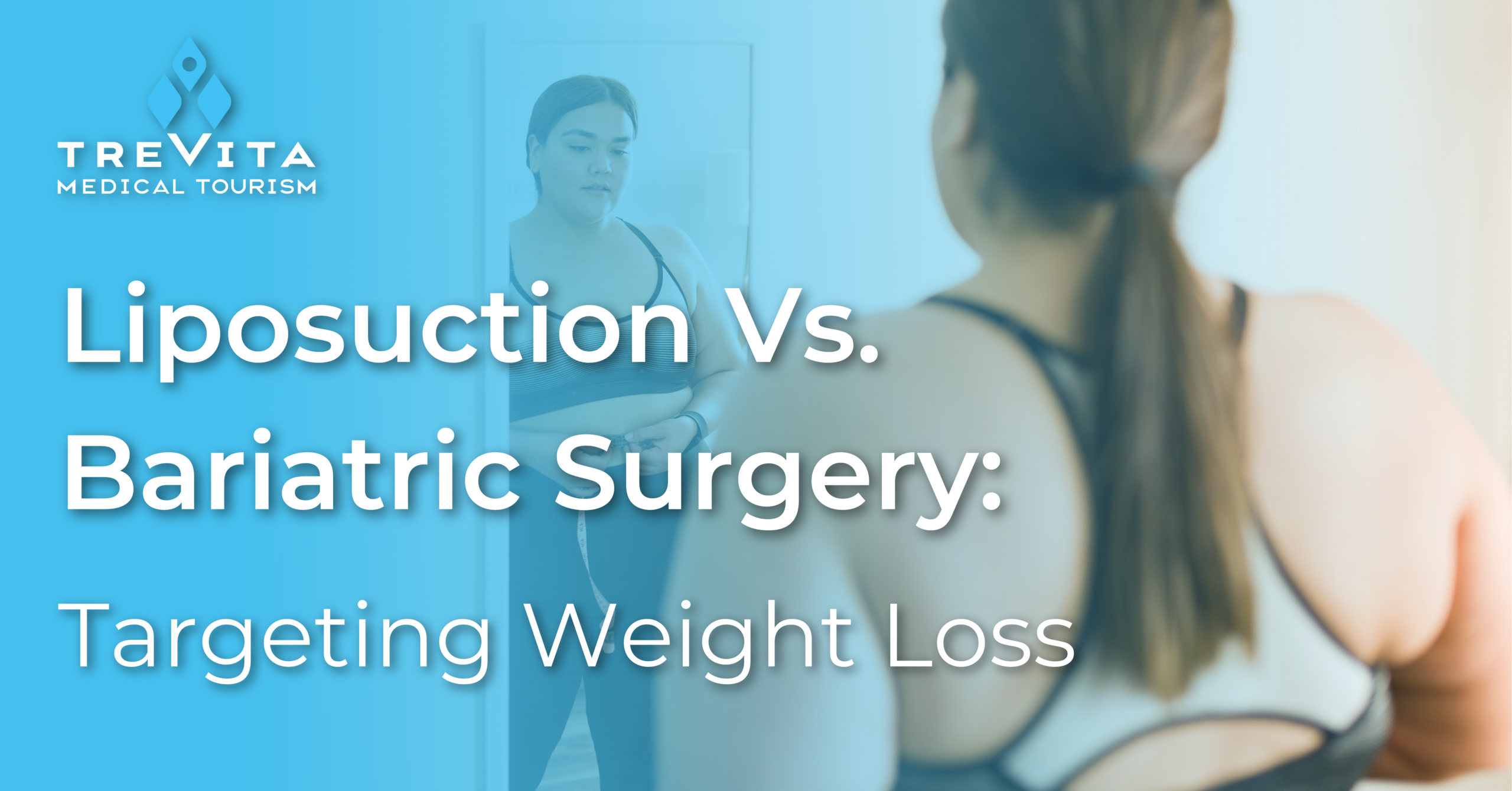Understanding the Impact of Caffeine Consumption After Bariatric Surgery
A weight loss surgery is a significant decision and commitment to health that comes with many lifestyle changes. These surgeries help to reduce your weight, lower your risk of long-term health problems, and improve your quality of life.
Read more: Top 5 Amazing Benefits Of Bariatric Surgery In Mexico.
Following bariatric surgery, your diet will significantly differ from what it was before the procedure. As part of this new dietary regimen, you should be aware of the effects of caffeine after bariatric surgery and be informed about its potential risks and harms.
Caffeine is a natural stimulant in many plants, such as coffee beans and tea leaves. It can also be added to foods and drinks. The most common sources of caffeine are coffee, tea, energy drinks, sodas, chocolate, and some medications. Read on to understand what you need to know about caffeine after bariatric surgery.
What Are the Effects of Caffeine After Bariatric Surgery?
Caffeine can have positive and negative effects on people who’ve had bariatric surgery, depending on how much they consume. People should be cautious and aware of the potential risks of consuming caffeinated beverages after bariatric surgery.
Here are the effects of caffeine after bariatric surgery:
Dehydration –
Caffeine can act as a diuretic and lead to dehydration if consumed in large quantities. This is because it causes the body to excrete more water, which can lead to electrolyte imbalances and other issues. If you’re feeling thirsty or lightheaded after drinking caffeinated beverages, you should drink more water to rehydrate yourself.
Low Blood Sugar –
Caffeine can cause a drop in blood sugar levels, especially when consumed on an empty stomach or after eating a meal low in carbohydrates. If you’re experiencing this side effect, it’s best to make sure you’re eating enough carbohydrates or other sources of healthy calories throughout the day.
Sleep Issues –
Caffeine can interfere with your body’s natural sleep cycle, keeping you awake later than intended and leading to feelings of fatigue during the day. It can also cause restlessness and difficulty falling asleep, as well as nightmares and difficulty staying asleep. Avoiding caffeinated beverages in the evening may be best if you’re having trouble sleeping.
Gastric Distress –
Drinking too much caffeine can cause gastric discomforts, such as heartburn, nausea, and stomach pain. This is especially true if the caffeinated beverage is consumed on an empty stomach. If you’re experiencing such symptoms, try to limit or avoid caffeinated beverages and see if your symptoms improve.
Tips To Consume Caffeine Responsibly After Bariatric Surgery
Caffeine is a stimulant in tea, coffee, and other food products. It can help people stay alert and focused during the day, but it should be consumed responsibly after bariatric surgery. Here are some tips to help you enjoy caffeine safely:
Limit Your Intake:
Caffeine can increase blood pressure, heart rate, and other body functions. Limiting your caffeine intake after bariatric surgery is essential, as too much could lead to dehydration and malnourishment. Limit caffeine consumption to two cups of coffee or tea daily.
Avoid Sodas:
Sodas are packed with sugar and caffeine and should be avoided after bariatric surgery. Instead, opt for unsweetened tea or coffee.
Choose a Decaffeinated Option:
If you’re looking for a way to enjoy the flavor of your favorite caffeinated beverage without the excess caffeine, try choosing decaf options. Decaffeinated teas and coffees contain much less caffeine than their caffeinated counterparts.
Call TreVita for the best bariatric surgery in Tijuana. We aim to ensure that you receive top-notch care and the complete guidance and support you need for your recovery journey.







